
Copernical Team
NOAA adopts Finland's CubeSat-proven space weather monitor
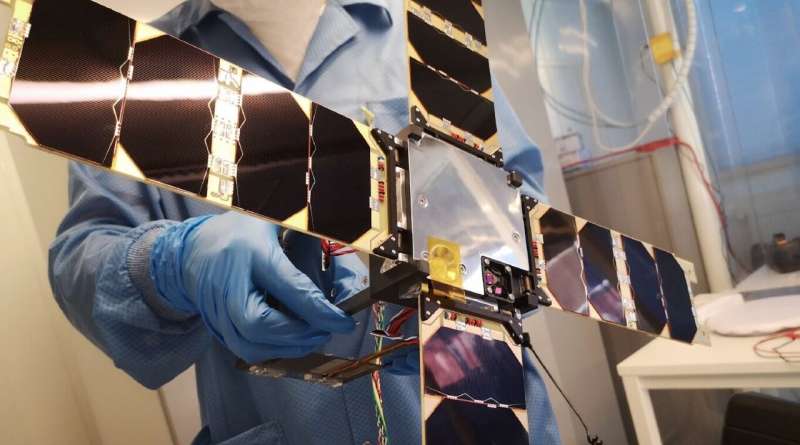
An advanced X-ray monitoring instrument tested for space aboard an ESA CubeSat will serve as an operational space weather payload on the U.S. National Oceanic and Atmospheric Administration's Space Weather Next Lagrange 1 Series satellite, currently planned for launch in 2028, which will operate 1.5 million km from Earth, keeping watch for eruptions from our sun.
First ignition for ESA’s low-cost, reusable rocket engine
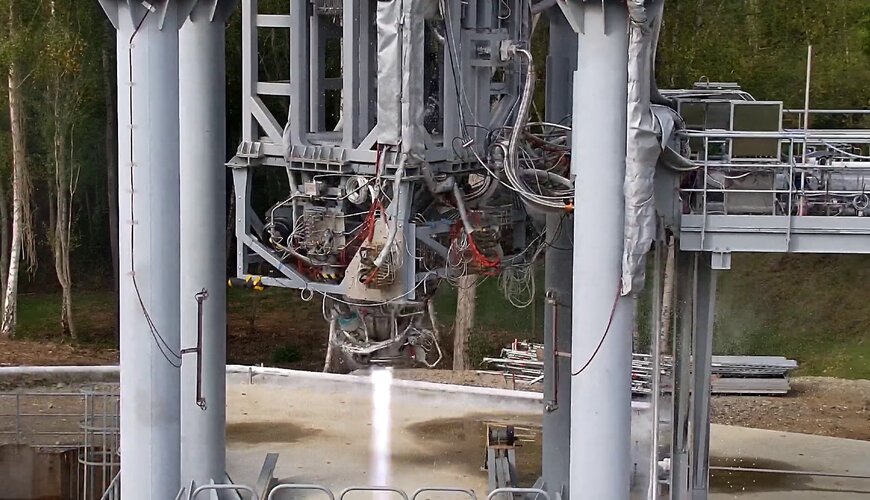
With first ignition, ESA’s reusable, next-generation Prometheus rocket engine development project has taken a step toward hot fire testing. Ongoing work at prime contractor ArianeGroup’s facilities in Vernon, France is being carried out using the Themis reusable stage demonstrator as a test bed.
The 100-ton thrust class Prometheus features extensive use of new materials and manufacturing techniques designed to reduce its cost to just a tenth of Ariane 5’s Vulcain 2, an upgraded version of which – Vulcain 2.1 – powers the core stage of Ariane 6.
Shaun the Sheep mission patch
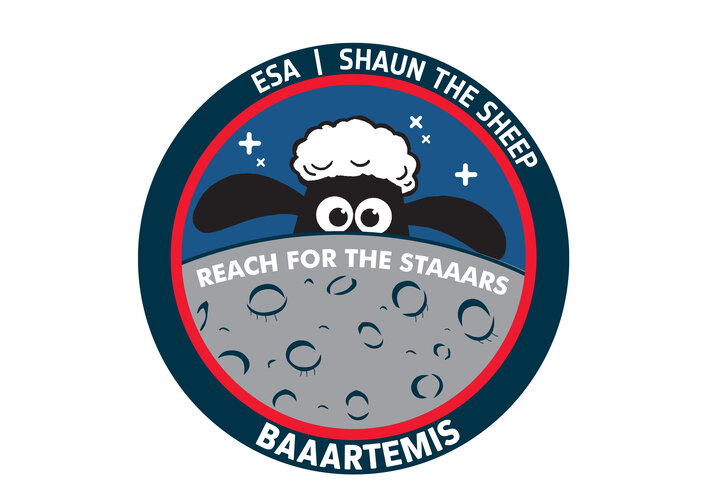 Image:
Shaun the Sheep mission patch
Image:
Shaun the Sheep mission patch Week in images: 14-18 November 2022

Week in images: 14-18 November 2022
Discover our week through the lens
How Webb's NIRSpec instrument opened up 200 windows to our origins
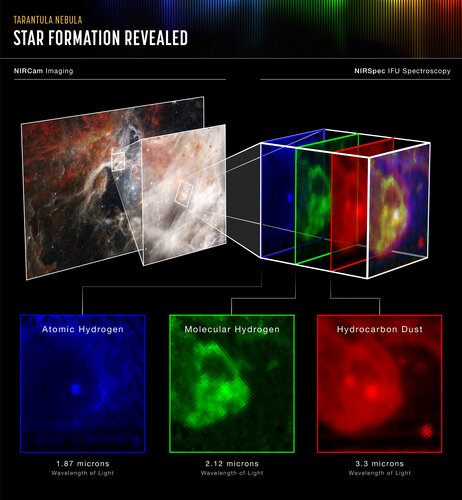
Astronomy is driven by big questions, and they don’t come much bigger than wondering how the first stars and galaxies began to form – eventually giving rise to our own existence.
Earth from Space: Sharm El-Sheikh, Egypt
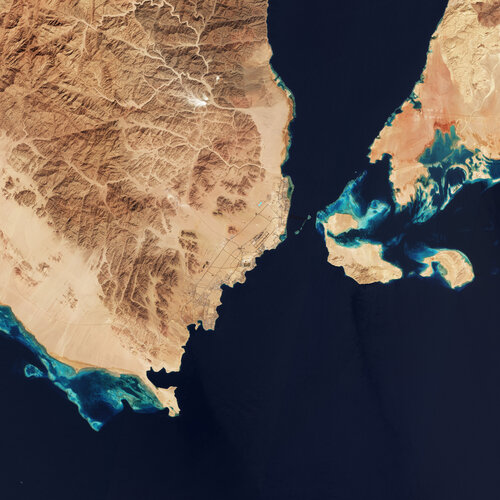
World leaders, policymakers and delegates from nearly 200 countries have convened in Sharm El-Sheikh over the past two weeks at the COP27 UN Climate Summit. Today we take a closer look at the Egyptian city through the eyes of Copernicus Sentinel-2.
Putting a value on ESA’s Aeolus wind mission
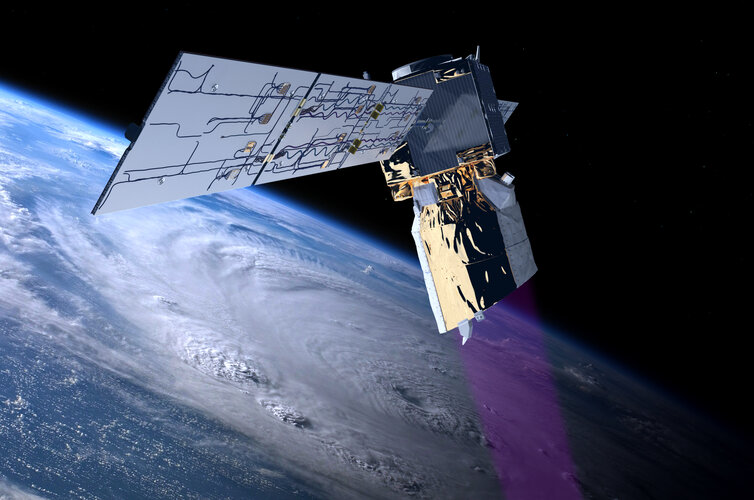
Over the last four years, ESA’s Aeolus mission has been delivering unique profiles of Earth’s winds from space, improving operational weather forecasts, climate models and more – all showing that its novel laser technology is advancing science and being used for important practical applications. Adding to the list of Aeolus’ successes, a recent report highlights that the mission has also brought economics benefits to Europe to the tune of €3.5 billion, and that a follow-on mission could more than double this figure.
Navigating the sea from space with innovative technologies

Shipping is the most energy efficient form of transport, and more than 80% of goods traded globally are carried via the oceans, with a doubling in volume during the last quarter of a century. Recognising the global need for seamless maritime navigation, ESA’s Navigation Innovation and Support Programme, NAVISP – inventing the future of navigation with more than 200 R&D projects initiated to date – is therefore focused not only on the land but also the sea.
Bringing Mars rock samples back to Earth
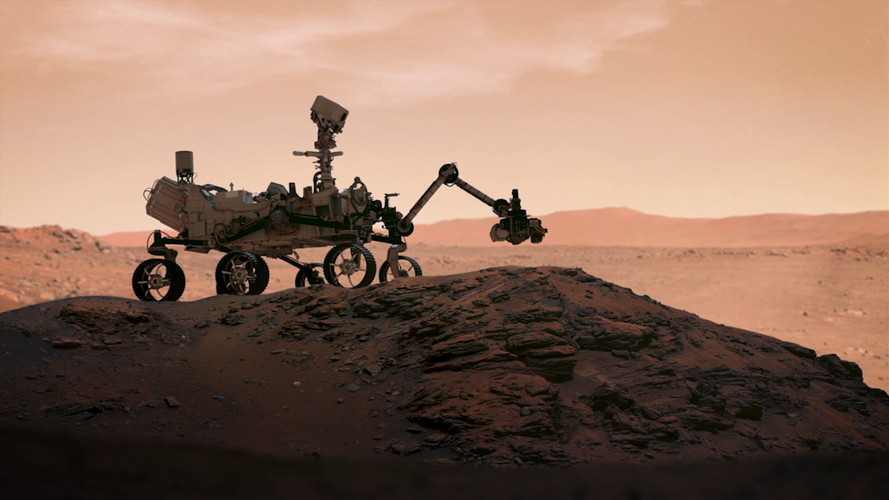 Video:
00:01:46
Video:
00:01:46
Short animation featuring key moments of the Mars Sample Return campaign: from landing on Mars and securing the sample tubes to launching them off the surface and ferrying them back to Earth.
NASA and the European Space Agency (ESA) are developing plans for one of the most ambitious campaigns ever attempted in space: bringing the first samples of Mars material safely back to Earth for detailed study. European scientists are part of an international team giving advice on what samples to choose for return and the best analysis methods to use once they land on Earth.
The diverse
ESA’s site for laser and quantum links marks 25 years
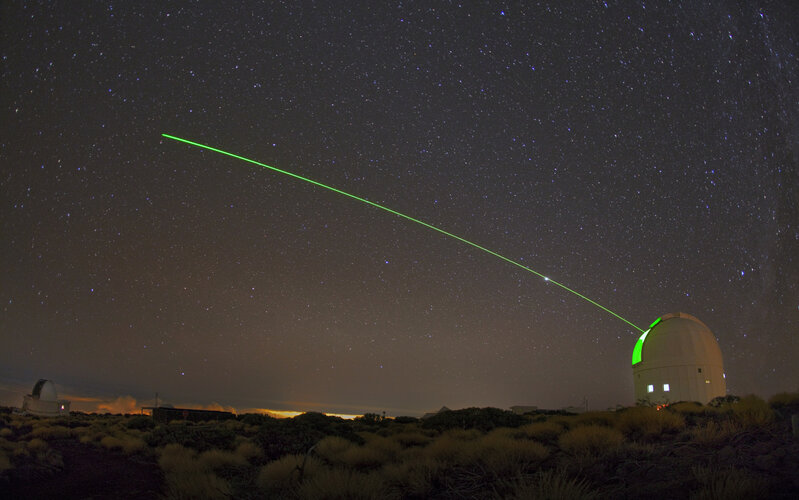
ESA’s Optical Ground Station, perched high on the slopes of Tenerife’s Mount Teide volcano, has now been peering skyward for a quarter of a century. Originally designed for laser-based communications with satellites, it is today additionally employed for tracking space debris and near-Earth asteroids as well as supporting world-class science: this year’s Physics Nobel Prize winner used the station for a quantum teleportation experiment that extended to the neighboring island of La Palma.

